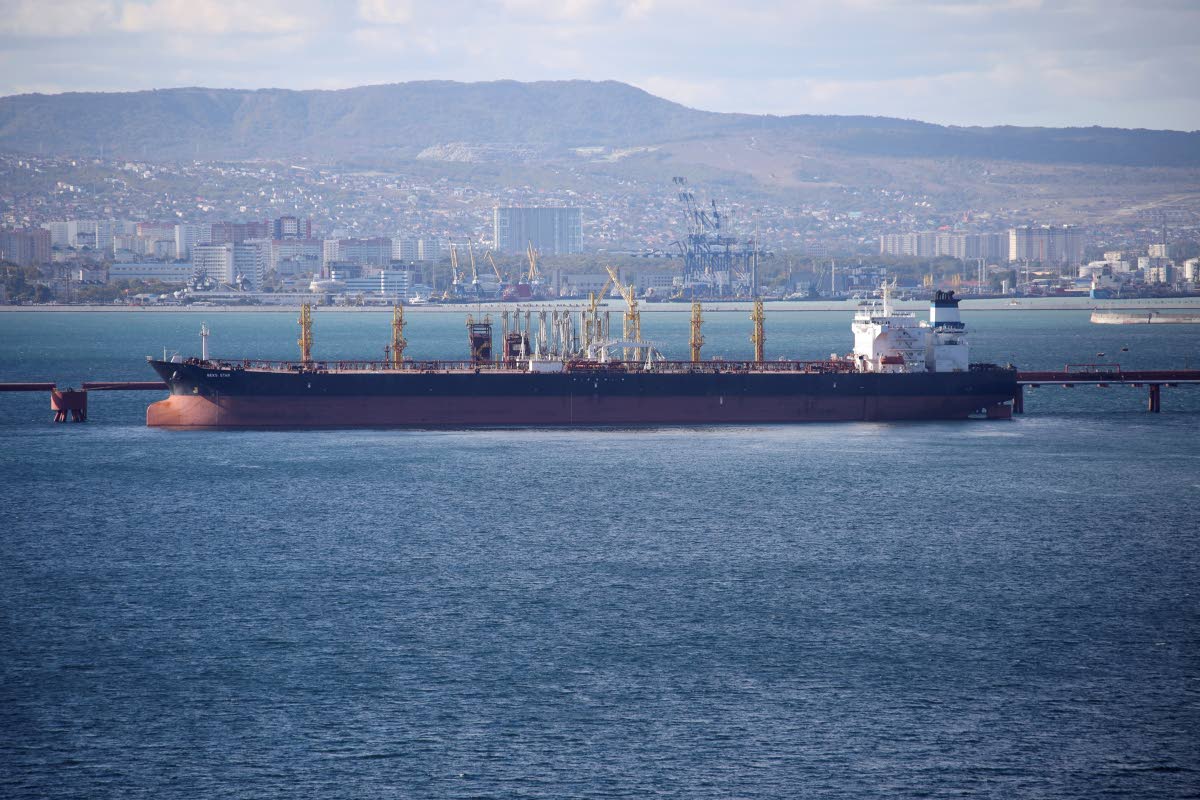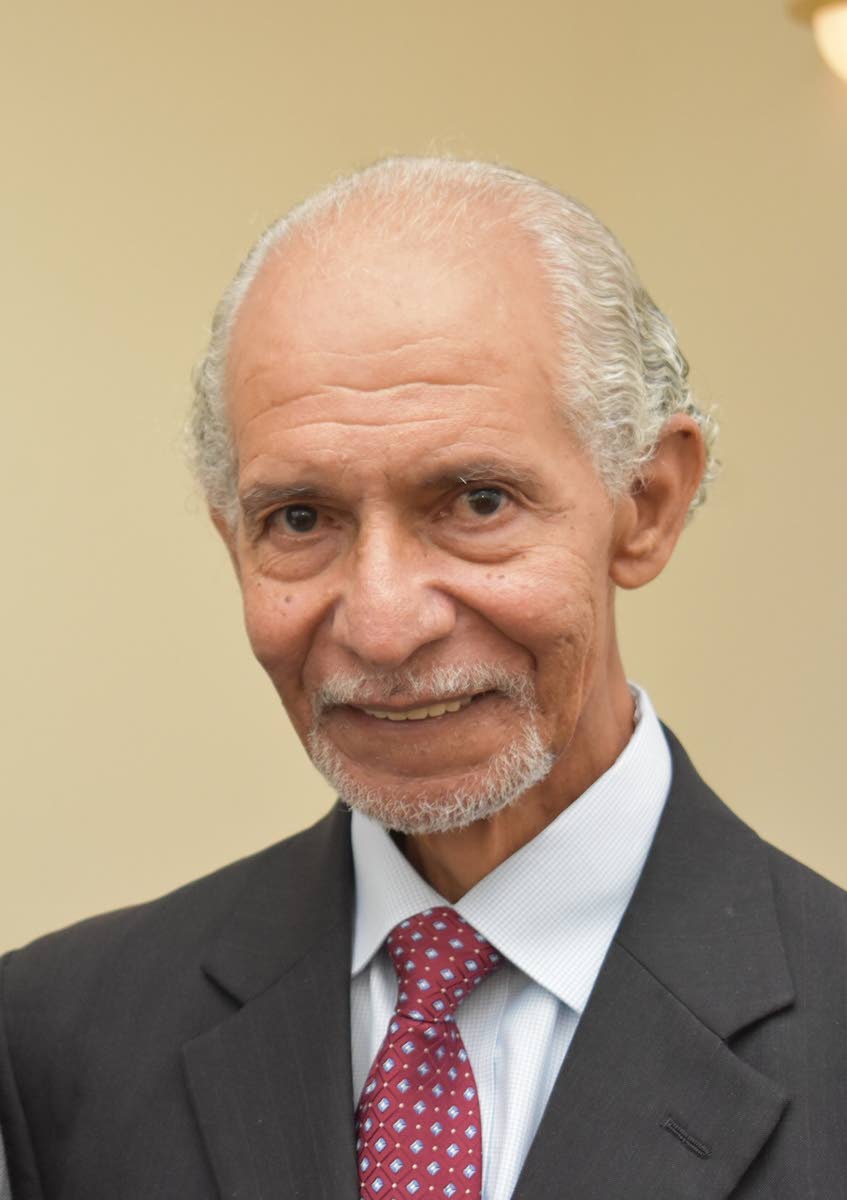Curtis Ward | Sanctions — Coercive or to punish?
Loading article...
In recent months, we have not focused on US sanctions against Trump administration adversaries. Yet we have seen that the administration’s use of sanctions is widespread, and, in many cases, more severe. These sanctions directly targeted political leaders, particularly of Venezuela and Iran.
Targeting political leaders is unusual. We have also seen sanctions against Haitian gang leaders and others connected to them, and we have seen sanctions against other drug traffickers in the region. But Venezuelan leader Nicolas Maduro is an ongoing target. And we have seen a ramping up of sanctions against Iran leadership as well. We have also seen threats of secondary sanctions, particularly against India for trading in Russian oil and petroleum products.
We now see sanctions announced against major Russian oil giants. This is not new, but this new round of sanctions is twofold in objective. First it is to coerce Vladimir Putin to meet with Trump and to advance the peace process in the Russia–Ukraine war. But in this case, the new sanctions announced against Russian oil are also an effort to punish Putin for not cooperating fully with him in ending Russia-Ukraine. Ending this conflict would be the gem in the crown of President Trump’s pursuit of the Nobel Peace prize.
Putin recently cancelled a summit with Trump announced by the White House. Trump had promoted this summit as a mission accomplished for ending the war. Putin’s decision to cancel is seen by many as a slap in the face to President Trump, and at the least, a sign of disrespect for the US president. But we have seen Putin’s rejection of peace before, and he has suffered no consequences. This time may be different.
NOT NEW
Sanctions against major Russian oil companies are not new. But several former sanctions, imposed by former US presidents, were eased by the Trump administration as inducement to Putin to negotiate to end to the war in Ukraine as well as for other often unexplained reasons. The Trump administration, President Trump himself, is mad at Putin for eschewing his peace efforts. These new sanctions are intended as punishment but also to coerce Putin to change course.
New sanctions recently imposed on Venezuela’s president, Nicolás Maduro, is to punish the Venezuelan president and to facilitate President Trump’s ultimate objective: regime change. Maduro will not yield. Maduro has a formidable military – not enough to defeat an all-out US military invasion but enough to cause significant military damage on US military forces. A major factor will be the extent to which Venezuelan top military leaders, normally loyal to Maduro, will stay the course or turn against Maduro to save the country from all-out war. Added to the mix is the unprecedented US$50 million bounty the Trump administration has offered for the capture of Maduro and to extract him from the country and to bound him over to US jurisdiction for trial in the US. That amount of money could sway hearts and minds. A CIA covert operation under way in Venezuela would facilitate that process.
Removing Maduro from power is not a new policy for President Trump. Regime change was central to the Latin American policy of the first Trump administration. That policy failed when the Trump administration unsuccessfully sought to install Juan Guaidó as president of Venezuela. This policy came at a cost for countries in the Americas. This was played out in disunity in the OAS and in CARICOM. This new round of regime-change policy could cause far more significant divisions. This is already very clear with the break by the government of Trinidad and Tobago (T&T) with CARICOM colleagues on the extrajudicial killings of alleged drug traffickers in the southern Caribbean and off the Pacific coast of Colombia.
CAUGHT IN THE CROSSHAIRS
Caribbean governments are caught in the crosshairs of possible violent conflict between the US and Venezuela. It is increasingly clear that the government of T&T has decided to be in Trump’s camp. This poses a dilemma for some CARICOM members who appear to have been caught by surprise. So far, except for the joint CARICOM statement, less T&T – a weak statement to begin with – they have chosen to be silent on an issue of war and peace in their geographical space. This is an area in which many rely for the safety of the tourism industry and the international supply chain–cruise, for safe passage the merchant marine, and the safety of leisure craft and fishing. There are no winners in this scenario, and winning the war against Venezuela would be a Pyrrhic victory, which will not advance US security and economic interests in the Caribbean and the hemisphere.
In addition, this war would shatter the concept of the Caribbean as America’s third border as conceived by former President George W. Bush’s third border initiative (TBI) in 2004 in partnership with CARICOM members plus the Dominican Republic. It would also shatter the concept of the Caribbean as a Zone of Peace. Succeeding presidents have sought to build on the TBI and expand the region’s economy and strengthen the regional security architecture. The Trump administration’s military campaign against Venezuela shatters this original objective of the Caribbean as America’s third border.
Now, the region is being transformed into an arena for war games and conflicts. Caribbean leaders should be concerned. They should in unison express their concerns to the Trump administration. Their concerns cannot be expressed by a mere press statement. They must seek an in-person meeting with President Trump, and if that is not possible, then with Secretary of State Marco Rubio, who doubles as President Trump’s national security adviser. Nothing less will suffice. The situation is fast approaching a point of no return. Someone has to take the lead.
The current chair of CARICOM, Jamaica’s prime minister, and Jamaica’s foreign minister as chair of COFCOR have been silent so far. Their leadership in the region is now desperately needed. But are they up to it? We expect no less.
Curtis Ward is former ambassador of Jamaica to the United Nations, with special responsibility for Security Council affairs. Send feedback to columns@gleanerjm.com.

